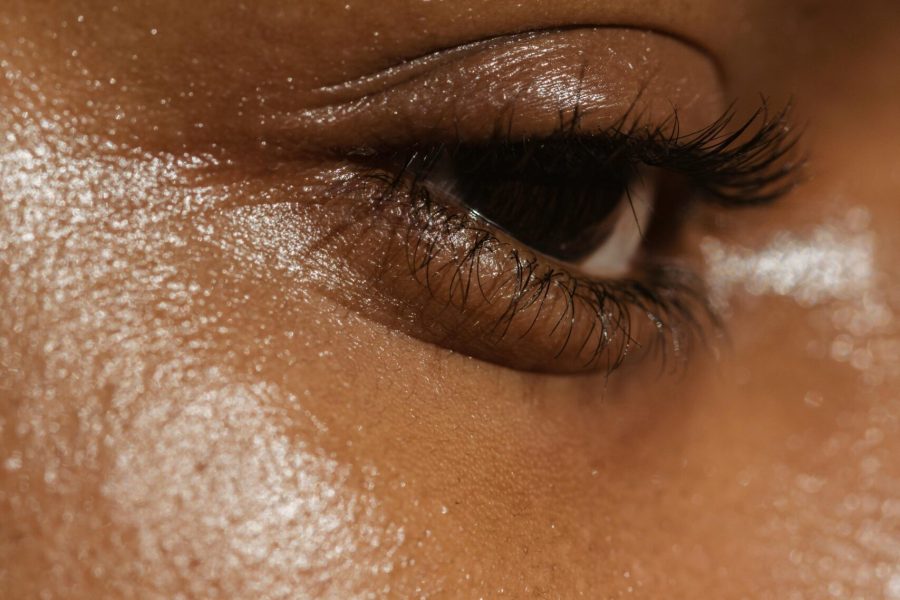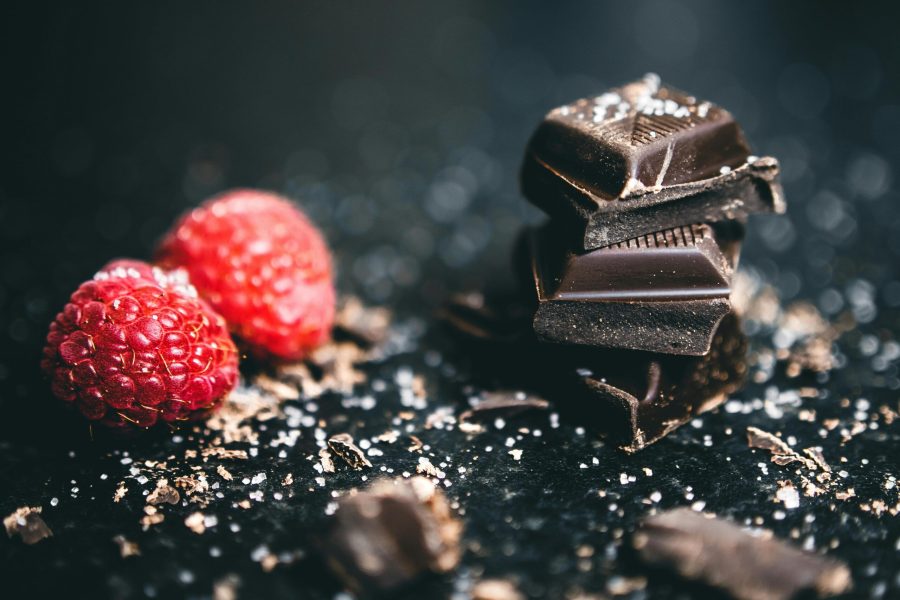The idea that oil makes oily skin worse is a myth. In fact, for many with oily skin, using the right oils can actually help balance sebum production and improve skin health. Oily skin often results from dehydration, with the skin overcompensating by producing more oil, so hydration, including from oils, can be beneficial.
- Dehydration and Overproduction:
Oily skin is often a sign of dehydrated skin, not a lack of hydration. When skin doesn’t have enough moisture, it can trigger an overproduction of oil to compensate.
- Balance and Hydration:
Applying the right oils can help restore the skin’s natural moisture barrier, which can reduce the need for the skin to overproduce oil.
- Oil Cleansing:
Oil cleansing, a technique using oil to remove makeup and impurities, can be a gentle and effective way to cleanse oily skin without stripping it of its natural oils.
- Choosing the Right Oils:
Lighter, non-comedogenic oils like watermelon, kiwi and olive squalene can be beneficial for oily skin as they absorb quickly without clogging pores.
Benefits of Using Oils for Oily Skin:
- Hydration:
Oils can help hydrate the skin, which is crucial for maintaining its natural balance.
- Soothing and Calming:
Some oils have soothing and anti-inflammatory properties, which can be beneficial for oily and acne-prone skin.
- Balancing Sebum Production:
Certain oils, like watermelon, can mimic the skin’s natural sebum, helping to regulate oil production.
- Reducing the Appearance of Pores:
Some oils such as watermelon oil can help reduce the appearance of enlarged pores, which can be a concern for those with oily skin.
What causes Oily Skin?
The key player is your sebaceous glands, which are attached to your hair follicles and produce sebum (an oily, waxy substance that keeps skin and hair moisturized).
When these glands go into overdrive, you end up with excess sebum, which makes your skin look shiny and can clog pores, leading to acne.
Why does this Happen?
Several factors influence how much oil your skin produces:
Genetics
If your parents had oily skin, odds are you inherited it.Hormones
Androgens (like testosterone) increase oil production. This is why oily skin often flares during puberty, menstruation, or stress.Climate
Hot, humid environments can boost oil production.Over-cleansing
Ironically, scrubbing your face too hard or using harsh products can strip your skin—causing it to produce more oil to compensate.Diet & Lifestyle
Some evidence suggests high-glycemic diets (think: sugar and white bread) can contribute to breakouts and excess oil, though the science here isn’t 100% settled.
The skin’s Oil Balance
Sebum isn’t the enemy—it protects your skin barrier and helps prevent moisture loss. The key is balance, not elimination. Too much oil clogs pores, but too little can irritate and age the skin.
Ingredients for oily skinAlright, if you’ve got oily skin, the right ingredients can make a huge difference. You’re looking for ones that:
Control excess oil
Minimize pores
Prevent breakouts
Hydrate without clogging
Here’s a solid list:
Top Ingredients for Oily Skin:
Willow bark Extract- cleanses pores and controls excess oil production
Watermelon Oil- balances sebum production while hydrating the skin
Sea Buckthorne Oil- balances oil production and minimize pores









